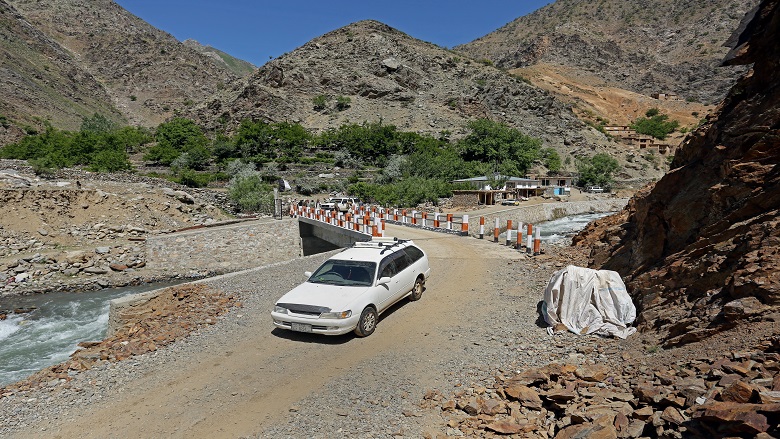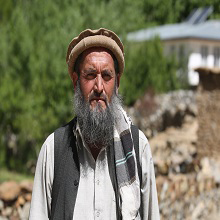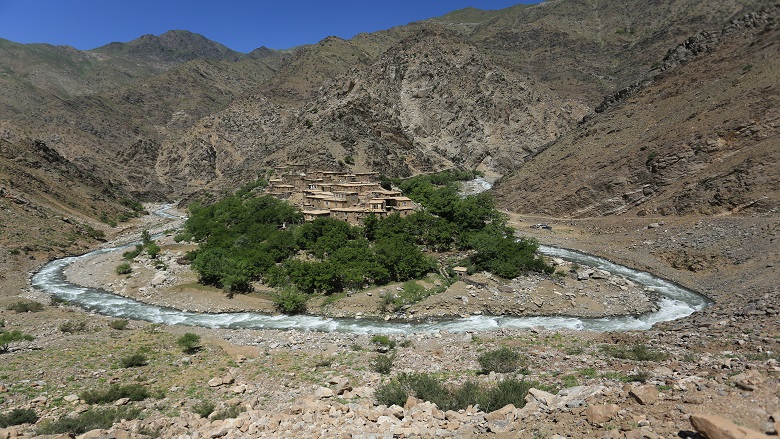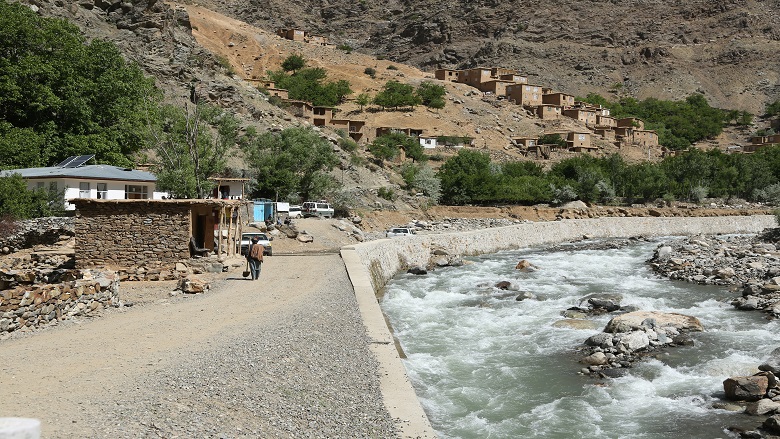SHUTUL DISTRICT, Panjshir Province – Two farmers are working their shovels on the hillside as a flock of small birds dart and swoop overhead. .
This is the view of the village from Andam Shah’s shop. Shah, 55, sits on a homemade wooden chair in his shop, gazing out intently. He has been a shopkeeper for 30 years, looking at the view and serving customers day after day from morning to evening.
Shah lives in the Roy Dara valley in Shutul district, Panjshir province, a two-hour mountainous drive from the province entrance gate. Some 400 families live in the valley. Most survive by raising livestock because the rugged landscape offers little arable farmland.
by the Afghanistan Rural Access Project (ARAP). “,” says Shah, a father of seven.
Before the concrete bridge was built, villagers made wooden pedestrian bridges that became dangerous during heavy rain. The heavy rains destroyed the bridges and villagers could not cross the river for over a month until another one was built.
“It was impossible to cross the river during spring and the first month of summer,” says Shah as he welcomes his first customer of the day. “Unfortunately, I lost one of my neighbors five years ago because there was no bridge and a proper road and we could not get him to a healthcare facility in time.”





